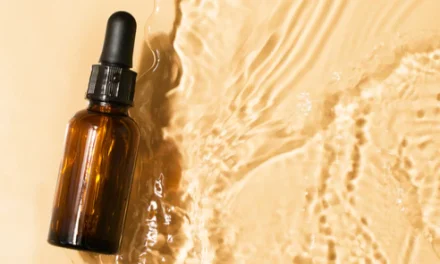The fear of separation or separation in infants; It refers to the feeling of anxiety, fear or unrest they feel when they are removed from their parents or parents figures or when they leave. Babies show these emotions by tears, restlessly, sticking to the mother, or excessive sound. Separation anxiety is part of a natural development process of infants and may occur in different ways in different periods of babies’ lives.
Separation anxiety is part of the attachment relationships of infants and is a feeling that is necessary for the baby to feel safe. However, in some infants, separation anxiety may be more intense and may take longer. In this case, the fact that babies have a safe attachment relationship with their parents can help alleviate the baby’s separation anxiety.
In order to reduce separation anxiety in infants, it is important that parents provide a safe environment for the baby, meet the needs of the baby, and regularly contact the baby to establish a safe attachment relationship. In addition, creating daily routines for babies and creating a regular sleep program can also help reduce separation anxiety.
In infants, separation anxiety is usually a natural process and decreases over time. However, if separation anxiety continues intensively and negatively affects the development of the baby, it may be useful to consult a child psychologist.
https://egepazarindan.com/bebek-koltuk-alti-kararmasi- neden-lur-nasil-seter/ How does separation anxiety in infants pass? The anxiety of separation in infants is part of a natural development process and may occur in different ways of infants at different ages. However, in some infants, this process may be more intense and may take longer. The following can be done to help reduce separation anxiety:
Create a safe attachment relationship: In order for the baby to establish a safe attachment relationship, it is important that the parent is sensitive to the baby, loving and foreseeing.
Meet the baby’s needs: meeting the baby’s physiological and emotional needs helps the baby feel safe. Regularly respond to the baby’s needs such as hunger, fatigue, wetness.
Close contact: You can help the baby feel safe by regularly contact your baby. You can establish close contact by taking your baby on your lap, hugging in a loving way or saying calming lullabies.
Create daily routines: Creating your baby’s daily routines helps the baby feel safe. Determine your baby’s sleep, nutrition and play hours regularly.
Gradually do the separation exercises: To reduce your baby’s separation anxiety, you can gradually exercise. For example, you can leave your baby next to a close friend or family member. At first, try to reduce your baby’s separation anxiety by making short -term separations.
Be patient: separation anxiety in infants decreases over time. Be patient and try to understand your baby’s feelings. Your baby’s separation anxiety will begin to decrease over time and establish a safe attachment relationship.
https://egepazarindan.com/aloe-vera-nasil-kullanilililililililil-surulur-mu/ You can subscribe to our Bulletin to be informed about our informative articles, current product and price lists, campaigns and follow our instagram page.
Check out our other blog posts!
Wild thyme Inner picker walnut tahin Sesame Paste [/Button] [Button Link =” https://egepazarindan.com/buhur/ “Newwindow =” Yes “] Daily Depression [/Button] [Button Link =” https://egepazarindan.com/ Energy-Cleanism/”Newwindow =” Yes “] Energy Cleaning [/Button] [Button Link =” https://egepazarindan.com/cig-susam/ “Color =” Teal “Newwindow =” Yes “] button] Centaury Oil [/Button] [Button Link = “https://egepazarindan.com/adacayi-demet/” Newwindow = “Yes”] Sage
What is separation anxiety in infants? How does it pass?




